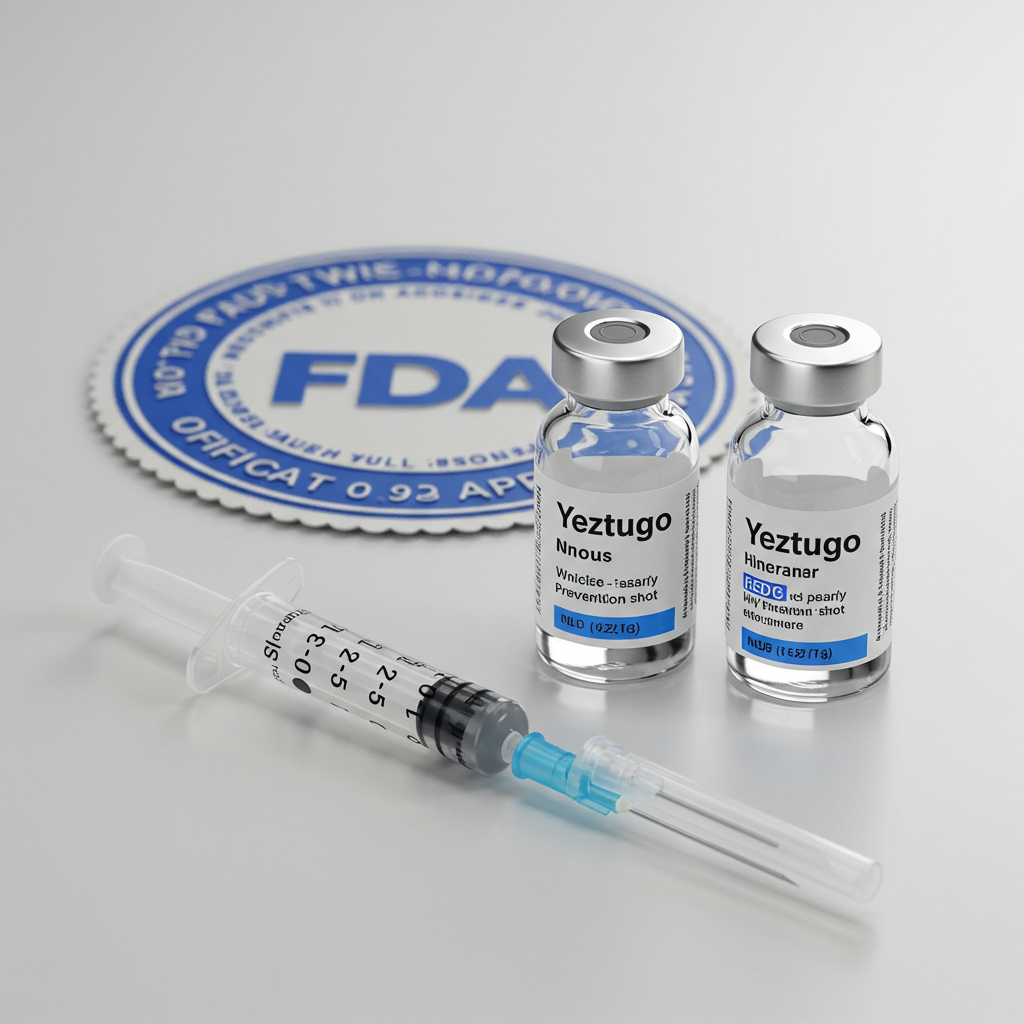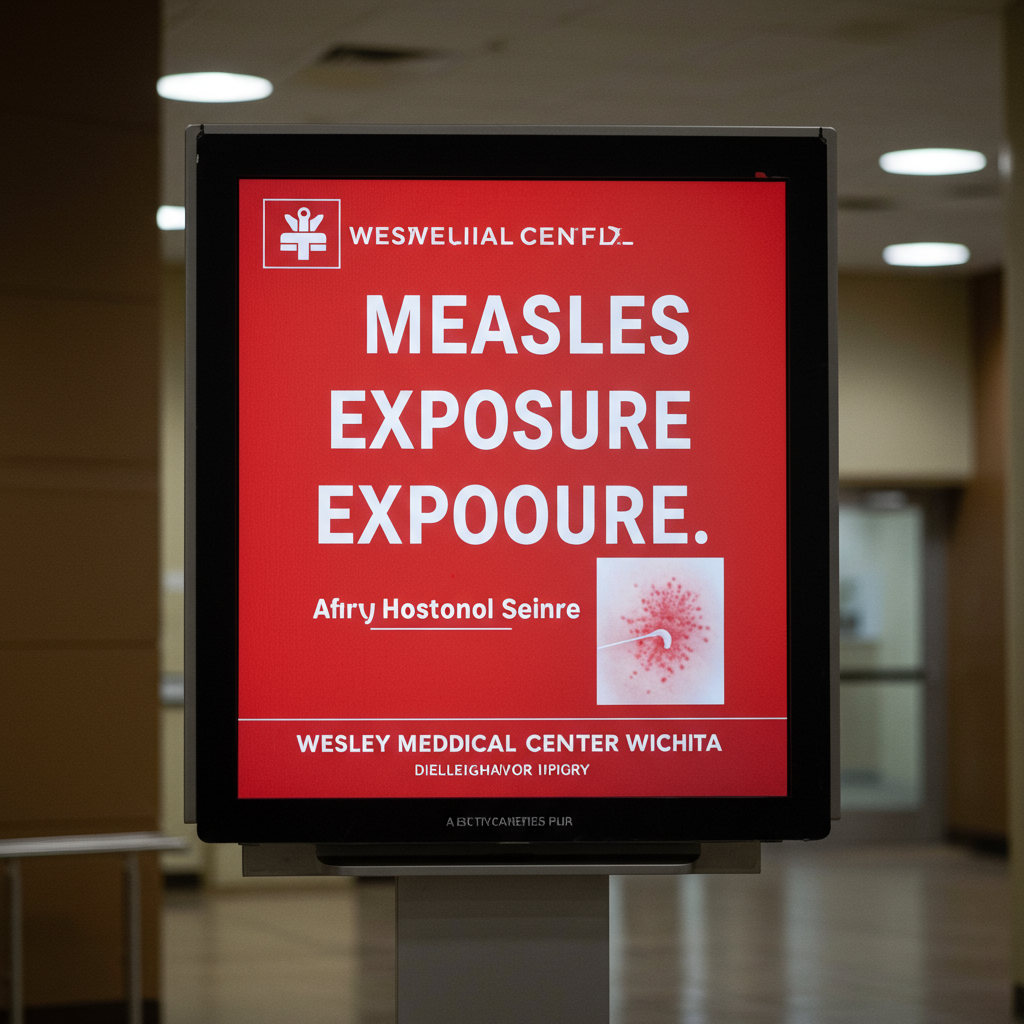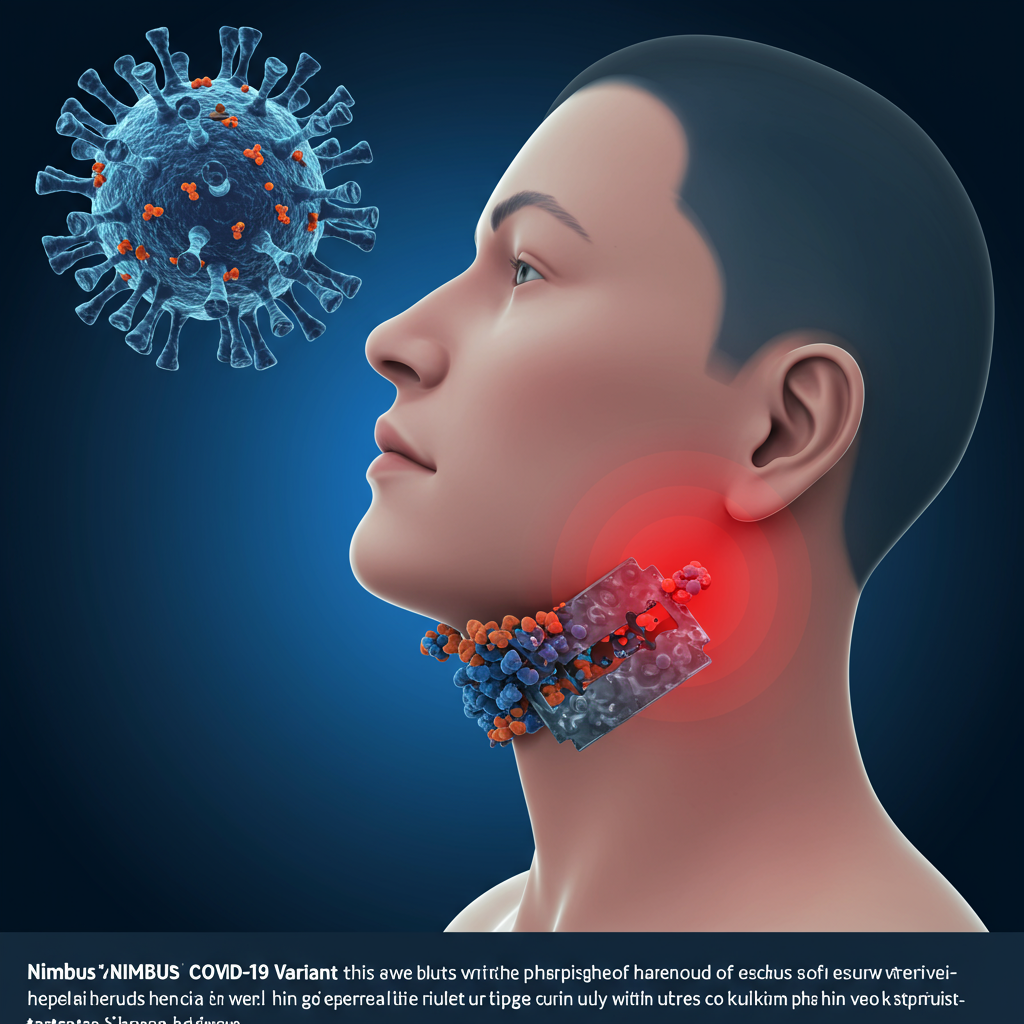A new era in HIV prevention has arrived with the U.S. Food and Drug Administration (FDA) approval of lenacapavir, marketed under the brand name Yeztugo. This innovative medication is the first and only injectable treatment for HIV prevention that needs to be administered just twice a year.
Approved for use in adults and adolescents weighing at least 77 pounds who are at risk of acquiring HIV through sexual contact, Yeztugo offers a significant departure from existing pre-exposure prophylaxis (PrEP) options, which typically involve daily pills or injections every other month. Experts are hailing the approval as a potential “game-changer” and a “milestone moment” in the fight against HIV.
Addressing the Challenge of Adherence
One of the primary hurdles in realizing the full potential of oral PrEP has been consistent adherence. While daily pills are highly effective when taken reliably, real-world use can suffer from missed doses, reducing their protection. The convenience of a twice-yearly injection directly addresses this challenge, potentially transforming how HIV prevention is delivered.
“Yeztugo could be the transformative PrEP option we’ve been waiting for,” commented Dr. Carlos del Rio, a distinguished professor at Emory University School of Medicine. He noted that a twice-yearly schedule could significantly combat adherence issues and the stigma sometimes associated with more frequent dosing regimens, particularly daily pills. Many individuals who need or want PrEP have expressed a preference for less frequent options.
Trial participant Ian Haddock shared that taking daily PrEP pills could sometimes cause an upset stomach or be easy to forget. The prospect of a twice-yearly shot offered a more manageable and discreet option.
Unprecedented Efficacy Demonstrated in Trials
Lenacapavir’s approval for prevention is backed by compelling data from two large Phase 3 clinical trials: PURPOSE 1 and PURPOSE 2.
PURPOSE 1: This trial, involving over 5,000 cisgender women in sub-Saharan Africa, reported zero cases of HIV infection among participants receiving Yeztugo.
PURPOSE 2: In this study with over 3,200 cisgender men, transgender men, transgender women, and nonbinary people, only two HIV infections occurred in the group receiving Yeztugo.
Collectively, these results demonstrated remarkable efficacy, showing protection rates near 100% against HIV infection, proving significantly more effective than existing primary PrEP options in trials. Researchers described these outcomes as “ridiculously high” and “unheard of numbers.”
How Yeztugo Works
Lenacapavir belongs to a new class of antiretroviral drugs known as capsid inhibitors. Unlike older PrEP drugs that target specific enzymes the virus needs to replicate, lenacapavir works by interfering with the HIV capsid protein at multiple steps in the virus’s lifecycle. This mechanism, combined with its long half-life, allows it to remain active in the body for an extended period, providing sustained protection.
The drug was initially approved by the FDA in 2022 under the brand name Sunleca for treating certain cases of multidrug-resistant HIV infection, laying the groundwork for understanding its safety profile. When used for prevention in HIV-negative individuals, it functions by maintaining a sufficient drug level in the bloodstream to block the virus if exposure occurs.
Potential to Reach Underserved Communities
Experts and advocates believe that a twice-yearly injection has the potential to significantly increase PrEP uptake, particularly among populations disproportionately affected by HIV, such as women, Black Americans, and Latino Americans, who have faced barriers to accessing or adhering to current PrEP methods. These barriers include stigma, lack of awareness, and the daily burden of taking pills.
Ian Haddock highlighted that the discreet, twice-yearly nature of the injection could make HIV prevention more “empowered” and “workable in their lives” for many, allowing them to “set it and forget it” for six months. For women, especially in regions where they may need to conceal medication from partners, an injectable offers a level of autonomy and privacy not possible with daily pills, similar to injectable contraceptives.
Navigating Cost and Global Access
Despite the scientific breakthrough, significant challenges remain regarding access, particularly its cost. The list price for lenacapavir in the U.S. is reported to be high, estimated at over $14,000 per injection or approximately $28,000 per year, which Gilead Sciences states is “in line with existing branded PrEP options.” However, this price contrasts sharply with analyses suggesting the manufacturing cost could be as low as $25 per person per year for two doses.
Concerns exist that the high price could lead insurers to favor cheaper generic oral PrEP options (some costing as little as $30 per month) or impose high copays, creating financial barriers for patients. Gilead is working on U.S. access strategies, including insurance coverage, copay assistance programs, and patient assistance for eligible uninsured individuals, but gaps in covering associated clinic visits and lab tests may persist.
Ensuring equitable global access is also paramount. While Gilead has signed royalty-free licensing agreements with some generic manufacturers for 120 lower-income countries, several high-incidence middle-income countries are excluded. The World Health Organization (WHO) has welcomed the FDA approval and is working on guidelines, prequalification processes, and facilitating access, but the scale of the global epidemic requires widespread affordability and distribution.
Furthermore, proposed significant cuts to U.S. domestic HIV funding for programs like those at the CDC and NIH, as well as reductions in global health initiatives like PEPFAR, threaten to undermine the infrastructure necessary to educate populations, train healthcare providers, and deliver this new tool to those who need it most. As one advocate noted, “now is not the time to pull the rug out from under HIV prevention.”
Safety and the Path Forward
In clinical trials, lenacapavir was generally well tolerated. The most common side effects were mild to moderate reactions at the injection site, such as discomfort or swelling.
The approval of Yeztugo represents a powerful new tool in the HIV prevention arsenal. Its potential to dramatically improve adherence and reach populations currently underserved by existing methods is immense. However, realizing its full impact on the global epidemic will depend heavily on overcoming the significant hurdles of cost, equitable access worldwide, and ensuring sustained political and financial commitment to HIV prevention efforts. The hope remains that innovative tools like lenacapavir can help the world move closer to a future without new HIV infections.




